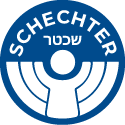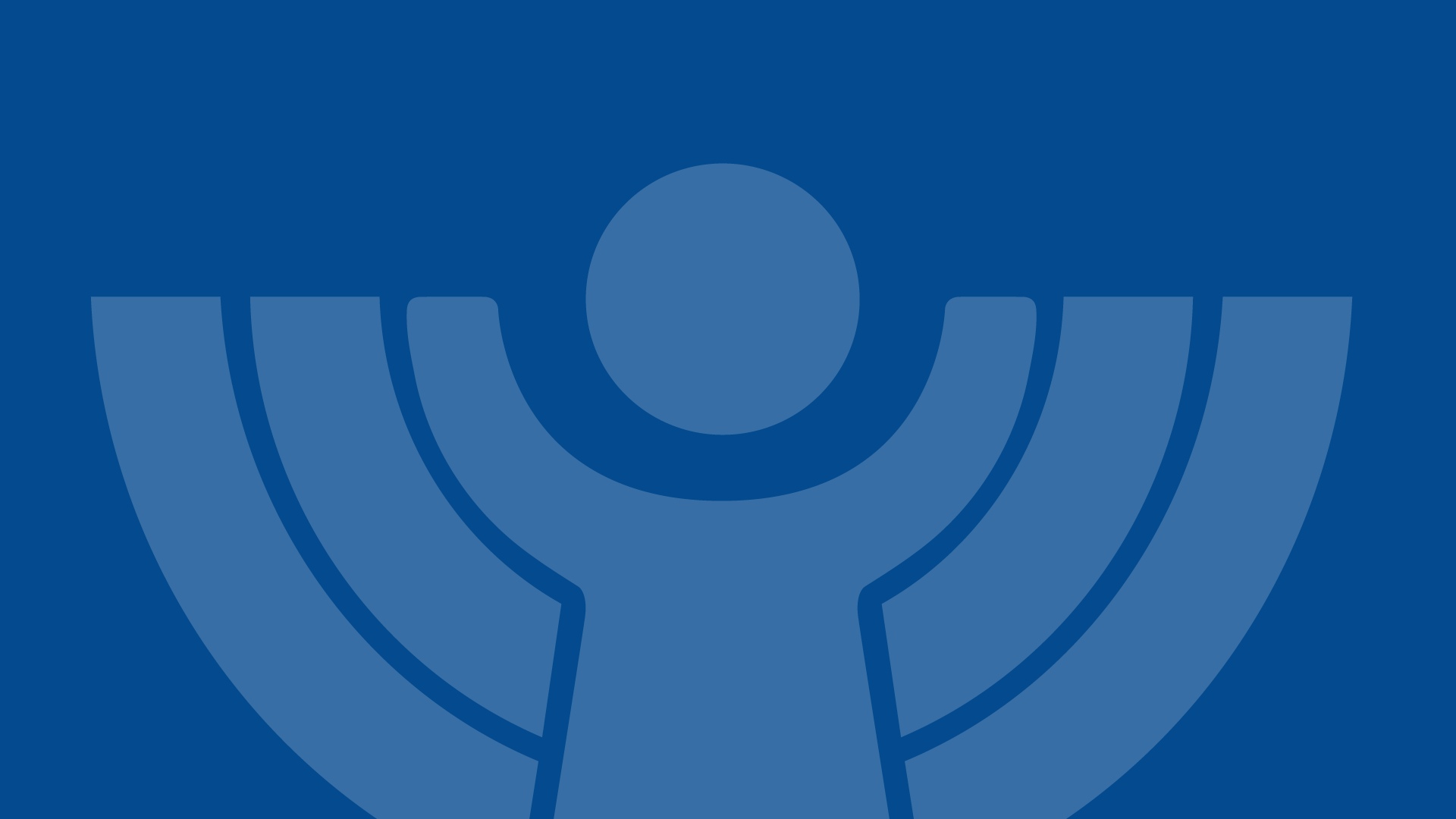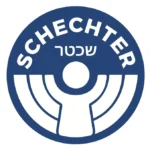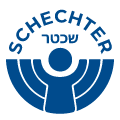The Role of Hebrew Language in Schechter’s Educational Framework
At Schechter, Hebrew is more than just a subject—it’s a living, breathing part of our school community and a cornerstone of Jewish identity and learning.
At Schechter, Hebrew is more than just a subject—it’s a living, breathing part of our school community and a cornerstone of Jewish identity and learning. By placing Hebrew at the heart of our educational framework, we create daily opportunities for students to engage with Jewish culture, history, and spirituality in a deep and meaningful way.
Hebrew connects students to their heritage, enabling them to read sacred texts in their original language and participate in Jewish rituals with authenticity and confidence. From early childhood through middle school, our students develop fluency not only in speaking and reading Hebrew, but in understanding its significance within the broader context of Jewish life.
We use a dual-language immersion approach that integrates Hebrew into general and Judaic studies. For example, in early grades, students might count in Hebrew during math lessons or label science diagrams with Hebrew vocabulary. This immersion fosters intuitive language acquisition and normalizes the use of Hebrew in academic settings.
As students progress, they delve into classical Hebrew texts like Torah, Mishnah, and later commentaries, guided by skilled educators who help them navigate the richness of Jewish tradition. Learning Torah in Hebrew sharpens analytical skills, encourages close reading, and allows students to engage with layers of meaning that are often lost in translation.
But Hebrew at Schechter isn’t confined to the classroom. Hallway signs, daily greetings, and informal conversations between teachers and students are conducted in Hebrew. Holiday songs, prayers, and plays are performed in Hebrew, giving students authentic opportunities to use the language in joyful, communal settings. This everyday usage builds confidence and fosters a sense of belonging in a shared cultural experience.
Technology also plays a key role in language acquisition. Interactive Hebrew apps, digital storytelling platforms, and video conferencing with Hebrew speakers in Israel allow students to connect their learning to real-world applications. These tools help reinforce vocabulary, comprehension, and pronunciation in engaging and interactive ways.
Schechter’s Hebrew program also includes cultural literacy. Students learn about Israeli history, geography, music, and contemporary issues, all through Hebrew. By understanding modern Israeli society, students see Hebrew as a living language, not just a relic of the past. They begin to see themselves as part of a global Jewish people, with the language serving as a bridge between past, present, and future.
Family involvement further strengthens language learning. Parents are invited to join in Hebrew-focused events, from holiday celebrations to Shabbat singalongs. For families new to Hebrew, Schechter provides resources and support to help them engage with their child’s language development and cultural exploration.
Hebrew learning is also reinforced through art, drama, and music. Students participate in plays and presentations in Hebrew, offering creative ways to solidify vocabulary and grammar. They compose Hebrew poetry, sing Israeli songs, and create visual projects that reflect their learning and personal identity.
Crucially, learning Hebrew at Schechter is about connection—connection to our sacred texts, our people, our history, and to each other. Students develop a sense of pride in being able to read and chant from the Torah, sing Hebrew songs with confidence, and communicate with peers in Israel. These experiences nurture a strong Jewish identity grounded in shared language and tradition.
By the time they graduate, Schechter students are not only proficient in Hebrew—they are enriched by it. They carry with them the ability to participate fully in Jewish life, engage in meaningful study, and connect with Jewish communities worldwide. Hebrew becomes not just a skill but a key to understanding who they are and where they come from.
At Schechter, we believe that Hebrew is a powerful tool for building identity, community, and continuity. It is a thread that weaves through every aspect of our curriculum and school life, helping students find their voice—both literally and spiritually—within the Jewish story.









